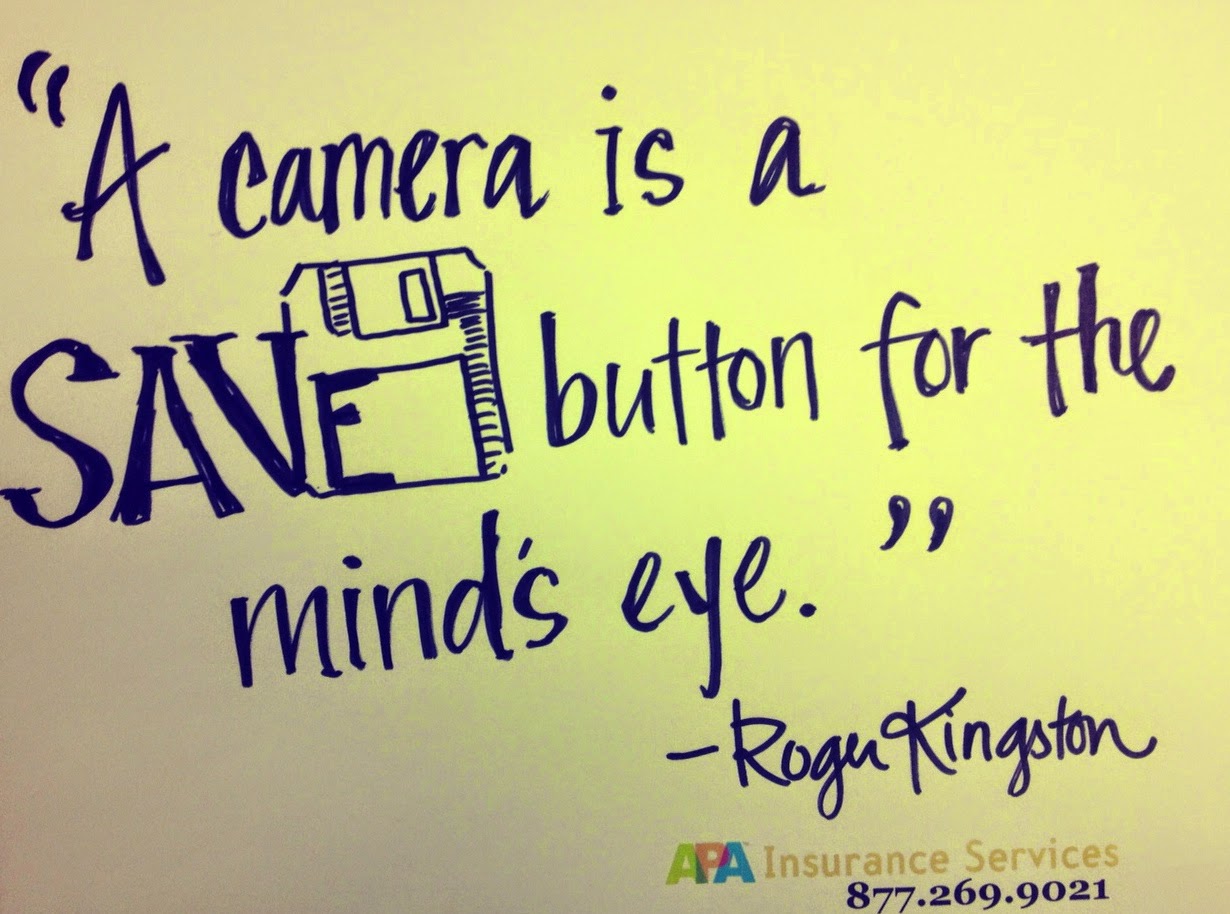I haven't been online for a while due to me being in rehearsals for 'Cinderella' pantomime. However from my previous blog I noticed that I didn't look into what 'networking' meant. I have been really looking into it and I have also looked at how myself and others use different sources to network.
Definition of the word Net-working
(verb)
1. Connect as or operate with a network
2. interact with others to exchange information and develop professional or social contacts.
I looked into different websites about net-working and how it helps with getting jobs etc. I found that on careerkey.org it says;
'Networking can be very helpful to your career ... 65 to 80% of all jobs are found through networking.'
'The idea is to develop a network of friendly people who share information to help each other...'
This was a great read as it wasn't directly for the performing arts industry, which showed me how important networking is and how it helps many of us.
I then looked at a job description for an 'Actor' on prospects.ac.uk where it stated that for this job you need to be job seeking and NETWORKING. Straight away this opened my eyes as it reminded me of how important it is for our industry. Like people say its not what you know, its who you know!!
Sources of Networking I use and what others use within the performing arts industry
In the 21st century everyone is hooked to the internet. We must always look at our facebook/twitter/instagram/flicka/blogs/email/imessage/whatsapp at least five times a day. We are a generation that loves communicating via an electronic device.
Facebook
I personally use facebook a lot to connect with people and as I am in Pantomime at the moment I have made new friends who have done various jobs as well as getting on really well with the choreographer and director. I have already added them on facebook and intend to keep in contact and up to date with them as they are people who I have enjoyed working with and tried to make a good impression as you never know what will happen in the future.
Facebook is another great place because like I said in Task 1 Web 2.0 there are a many pages which keep us up to date about castings which are up and coming etc.
Twitter
I have not got twitter however I know I need to as many people within the industry use it to connect and find out information. I know that a lot of my friends follow directors,choreographers which sometimes works in there favour as they may be recognised at an audition from those people etc.
When I say to people I do not have twitter they look so shocked as they say 'but everyone in the performing arts industry has it?'. I don't know if everyone does but there seems to be a big handful of people who do have it.
Many of my friends say it is a great networking tool and it keeps you in the know of what is coming up like castings/auditions etc and helps to get your face out there.
Emails
I use my email for mainly keeping in contact with my agent and spotlight sends emails in regards to auditions. I think email is more formal and a great way to find out information off people you do not know as well whilst keeping a professional approach.
Do we still know how to use other well-established technologies in this 21st century to network?
We are very reliant on the internet for networking, like I have said previously, but do we use normal ways to networking?
Meeting with people and talking is such a great way to network as sometimes things can come across either wrong to how you want them to (via the internet/messaging) or interpreted wrong where as face to face they can see you and your body language. This is a great way of communicating as they physically have a face to match your name, rather than a picture which may look a little different to you on a daily basis.
What do I rely on to inform me for my practice?
I rely on many things but I am specifically reliant on my emails from spotlight, castings pages on facebook, posts other people post on facebook, what my friends and I talk about either face to face or on the phone and The Stage App on my phone. All of these things keep me in the know of what is coming up and what I would like to put myself forward for.
Here it shows the many ways I use 'Connectivism' and from looking at this I will try to broaden this with getting a twitter account to make myself more known and to meet and talk to new people involved within the industry.






.JPG)






